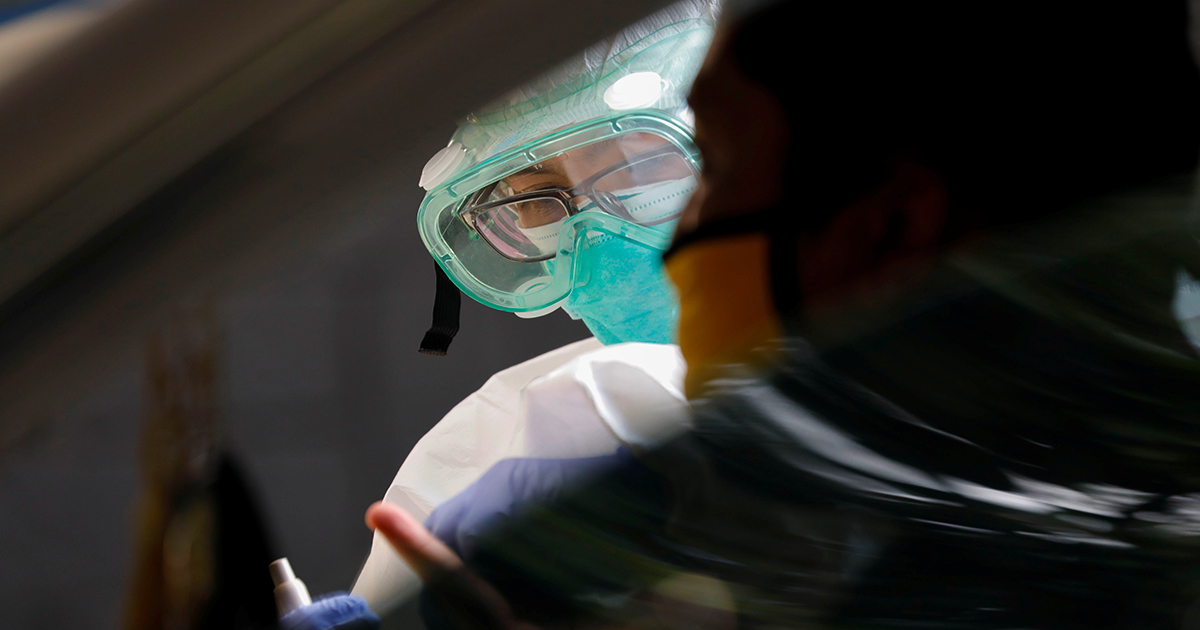
An international team of scientists from Padua and the U.K. recently published a paper in The Journal of the American Medical Association(JAMA) showing how an altered sense of smell or taste can be an early indicator of the SARS-CoV-2 infection. The aim of the research was to estimate the prevalence, intensity, and timing of an onset altered sense of smell or taste in patients with SARS-CoV-2 infection.
"We conducted a cross-sectional investigation of 202 patients in moderately symptomatic home isolation with PCR-diagnosed SARS-CoV-2 infection, explains Prof. Paolo Boscolo Rizzo, of The Department of Neuroscience at the University of Padua. “The data shows that changes in sense of smell or taste are frequently reported by moderately symptomatic patients with SARS-CoV-2 infection, some reporting this as the first symptom of the disease. During the COVID-19 pandemic mildly symptomatic people complaining of an alteration of smell or taste may spread the disease, thus we suggest that they self-isolation pending the execution and outcome of swab results. We also propose the inclusion of changes in the sense of smell or taste in the lists of relevant symptoms of COVID-19 recognized by the World Health Organization."
The following data has emerged from the study:
• An alteration of the sense of smell or taste was reported by 130 patients (64.4%, CI 95% 57.3-71.0). Other frequent symptoms were fatigue (68.3%), dry or wet cough (60.4%), and fever (55.5%). Other frequent symptoms were fatigue (68.3%), dry or wet cough (60.4%) and fever (55.5%).
• Among all patients, the moment of an onset alterations in their sense of smell or taste compared to the other symptoms was as follows: preceding the other symptoms in 11.9%, simultaneously with the onset of the other symptoms in 22.8% and subsequent to the other symptoms in 26.7%.
• An alteration of the sense of smell or taste was reported as the only symptom in 3.0% (1.1% -6.4%) of the patients. An alteration of the sense of smell or taste was more frequent among 105 female subjects (72.4%, 95% CI: 62.8% -80.7%) compared to 97 male subjects (55.7%, 95% CI: 45.2% -65, 8%; p = 0.02).




